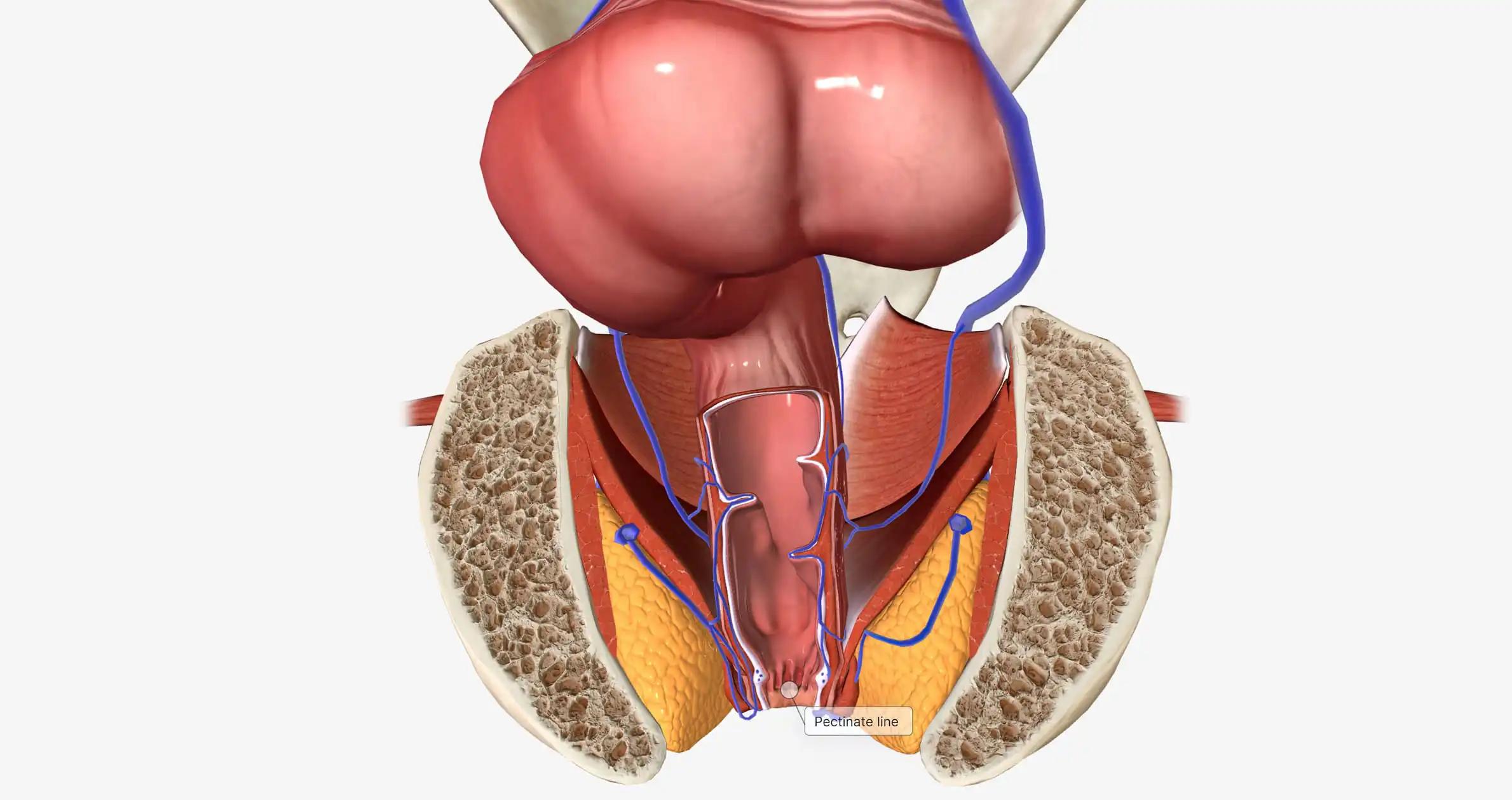KEY TAKEAWAYS
- The PD-1 blockade is a phase 2 study hypothesized to be effective in patients with mismatch repair-deficient, locally advanced rectal cancer.
- A prospective study was initiated to evaluate the efficacy of single-agent dostarlimab, an anti-PD-1 monoclonal antibody, in patients with mismatch repair-deficient stage II or III rectal adenocarcinoma.
- Patients received dostarlimab every 3 weeks for 6 months, followed by standard chemoradiotherapy and surgery.
- The primary endpoints were sustained clinical complete response 12 months after completion of dostarlimab therapy or pathological complete response after completion of dostarlimab therapy.
- All 12 patients (100%) who completed treatment with dostarlimab had a complete clinical response, with no evidence of tumor on various imaging modalities.
Rectal cancer that has progressed locally is typically treated with neoadjuvant chemotherapy and radiation followed by rectectomy. Mismatch repair deficiencies account for a subset of cases of rectal cancer. Checkpoint blockade was hypothesized to be effective in patients with mismatch repair deficiency and locally advanced rectal cancer because of the success of PD-1 blockade in metastatic colorectal cancer.
Patients with mismatch repair-deficient stage II or III rectal adenocarcinoma were enrolled in a prospective phase 2 study where single-agent dostarlimab, an anti-PD-1 monoclonal antibody, was administered every 3 weeks for 6 months. Standard chemoradiotherapy and surgery were planned to follow this treatment. Those who achieved a complete response to dostarlimab treatment would skip chemotherapy, radiation, and surgery. Primary endpoints include overall response (OS) to neoadjuvant dostarlimab therapy with or without chemoradiotherapy and clinical and pathological complete responses at 12 months post-dostarelimab therapy completion.
Twelve patients have finished dostarlimab therapy and have been followed for at least 6 months. No tumor was detected on MRI, 18F-fluorodeoxyglucose-positron-emission tomography, endoscopic evaluation, digital rectal examination, or biopsy in any of the 12 patients (100%; 95% confidence interval, 74 to 100). No cases of progression or recurrence had been reported during follow-up at the time of this report, and no patients had undergone chemoradiotherapy or surgery (range 6 to 25 months). There have been no serious adverse events. Single-agent PD-1 blockade was highly effective against locally advanced, mismatch repair-deficient rectal cancer. To evaluate the durability of the response, a longer follow-up is required.
Source:https://pubmed.ncbi.nlm.nih.gov/35660797/
Clinical Trial: https://clinicaltrials.gov/ct2/show/NCT04165772
Cercek A, Lumish M, Sinopoli J, Weiss J, Shia J, Lamendola-Essel M, El Dika IH, Segal N, Shcherba M, Sugarman R, Stadler Z, Yaeger R, Smith JJ, Rousseau B, Argiles G, Patel M, Desai A, Saltz LB, Widmar M, Iyer K, Zhang J, Gianino N, Crane C, Romesser PB, Pappou EP, Paty P, Garcia-Aguilar J, Gonen M, Gollub M, Weiser MR, Schalper KA, Diaz LA Jr. PD-1 Blockade in Mismatch Repair-Deficient, Locally Advanced Rectal Cancer. N Engl J Med. 2022 Jun 23;386(25):2363-2376. doi: 10.1056/NEJMoa2201445. Epub 2022 Jun 5. PMID: 35660797; PMCID: PMC9492301.



